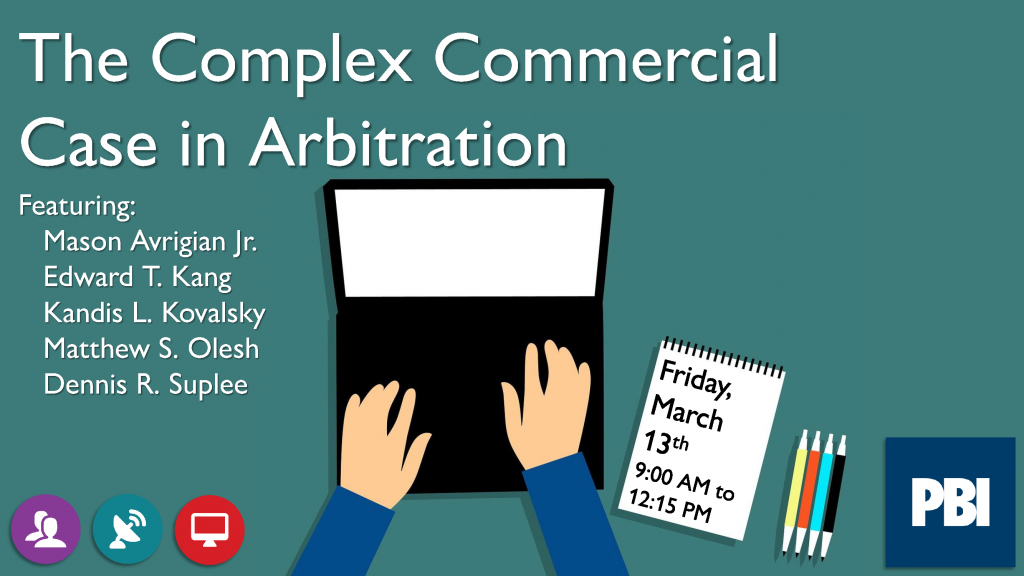What is a bulk sale clearance certificate, and how is a bulk sale clearance certificate related to a Pennsylvania real estate transaction? In Pennsylvania, a bulk sale clearance certificate must be obtained in all transactions involving the sale of fifty-one or more percent of the assets of a business, including real estate. Because it is common for property owners to create single purpose entities to own the real estate, bulk sale clearance certificates are required in many real estate transactions, since the real estate represents the sole asset (i.e., 100%) of the assets owned by such SPE. A bulk sale clearance certificate from the Pennsylvania Department of Revenue verifies that a particular entity satisfied all tax obligations due to the Commonwealth of Pennsylvania, including taxes, interest, penalties, fees, charges and any other liabilities up to and including the date of transfer.
Moreover, under 69 P.S. § 529, every corporation, joint-stock association, limited partnership or company organized under the Commonwealth of Pennsylvania or any other state that engages in business in the Commonwealth of Pennsylvania which sells in bulk fifty-one percent or more of any stock of goods, wares or merchandise of any kind, fixtures, machinery, equipment, buildings, or real estate, shall give the Department of Revenue ten days’ notice of the sale, prior to the completion of the transfer of such property.
To provide proper notice and comport with Pennsylvania law, the seller must file form REV-181, the Application for Tax Clearance Certificate, with the Pennsylvania Department of Revenue and the Pennsylvania Department of Labor and Industry ten days before the closing of the sale. A copy of the agreement of sale and preliminary settlement statement should be included with the Application for Tax Clearance Certificate. (Note, however, that the Department of Revenue often requests re-submission post-closing so that all closing information and interim tax returns through the date of closing may be submitted). In addition, all such entities must file all state tax reports with the Department of Revenue to the date of the proposed closing on the transfer of property and pay all taxes and unemployment compensation contributions due to the Commonwealth of Pennsylvania through the date of closing. If all state tax reports have been filed and if all state taxes and unemployment compensation contributions are paid up to the date of the proposed transfer, the State issues a clearance certificate to the seller, which is then provided to the buyer.
 Kang Haggerty Managing Member Edward T. Kang and Member Kandis L. Kovalsky are both presenters in an upcoming CLE on the advantages and disadvantages of using arbitration as a resolution mechanism for complex commercial cases. Kandis also serves as Course Planner.
Kang Haggerty Managing Member Edward T. Kang and Member Kandis L. Kovalsky are both presenters in an upcoming CLE on the advantages and disadvantages of using arbitration as a resolution mechanism for complex commercial cases. Kandis also serves as Course Planner. Kang Haggerty News
Kang Haggerty News





 In the August 21, 2017 edition of
In the August 21, 2017 edition of